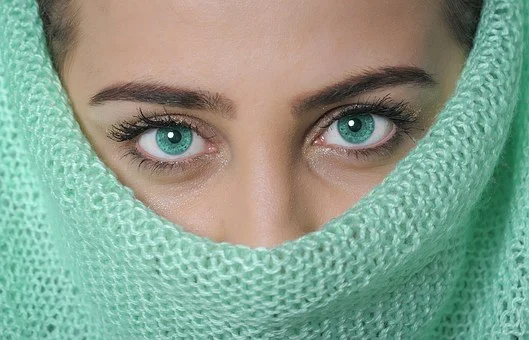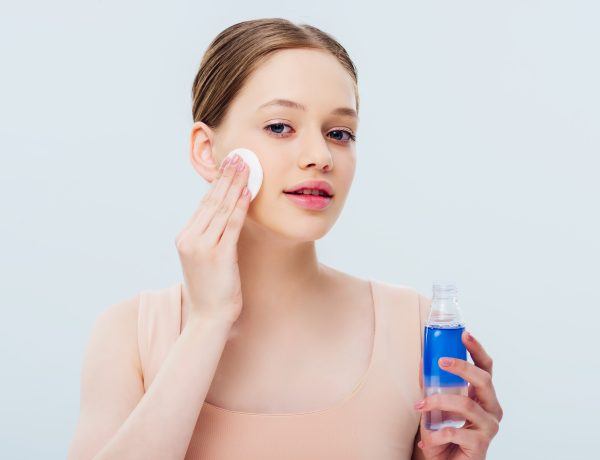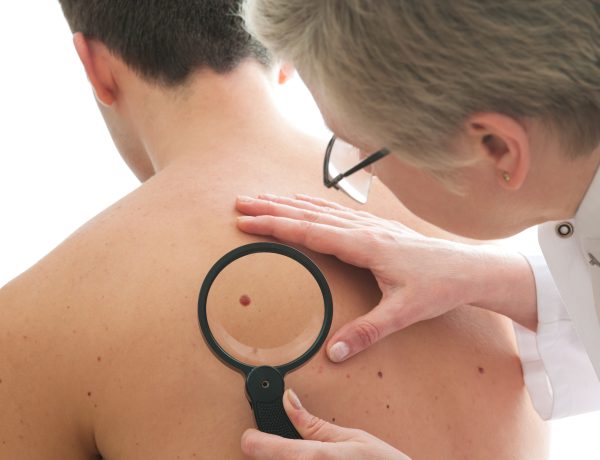Today we want to talk about 4 signs that you have dehydrated skin and what you can do to help. Does your skin feel flakier or drier than usual? It could be a sign of dehydration. When dehydrated, you may notice that your skin has lost its natural radiance. If you use or lose more water than you consume, you will be dehydrated. Here are a few signs that your skin could be dehydrated.
1. Itchy Skin
After a fun day at the beach or a ski vacation, your skin may be itchy. The constant urge to scratch could be a sign of dehydration. Elements like extreme temperature and wind can wipe out the moisture off your skin. The result is flaking and an itchy sensation. Your skin may stay flaky even after applying generous amounts of oil.
2. Dull-Looking Skin
If your skin generally looks dull or tired, you may be dehydrated. Dehydration limits the ability of your skin to perform cell turnover and other essential functions. Without proper hydration, it may be difficult for your skin to shed its outer layer. The build-up of dead cells on the skin surface will make it flaky. It could dull your complexion and clog your pores.
3. Wrinkles and Fine Lines
Photo by on Pexels
Pinch the skin of your cheek and observe. If you appear to have wrinkles or fine lines, you may be dehydrated. Dehydration generally makes your skin look older than it really is. Wrinkles and fine lines from dehydration aren’t like crow’s feet or smile lines. They are tiny and may appear triangular.
4. Sensitivity
If your skin has become more sensitive than usual, it is probably dehydrated. Sensitivity is one of the first symptoms of dehydration
When the moisture barrier is disrupted, your skin cannot protect itself from outside stressors. Bacteria, pollution, and other penetrators can seep into the inner skin layers. The symptoms are likely to keep getting worse.
What You Can Do to Help
If your skin is dehydrated, there are a few ways to improve it. Here are a few tips that might help.
Photo by on Pexels
Get Advice from a Medical Professional When Considering What Products to Use
Always speak with your doctor before using any new products. Your new retinoid-based cream may have lots of benefits. However, it can have drying effects at first. Retinoid works by improving cell turnover. The result is dry, flaky skin. It also reduces oil production hence causing dryness. Other side effects of retinoids include sun sensitivity, redness, irritation, and inflammation. When you first start using retinoid creams, your dermatologist will advise that you take things slow.
Pay attention to how your skin reacts and minimize use in the sun. Paying attention to your skincare routine and the products you use. Avoid dehydrating products and experiment to determine your best options.
Limit Alcohol and Caffeine Consumption
Alcohol and caffeine are some of the leading causes of dehydrated skin. They are both diuretics and can deplete the water concentration in your skin.
Alcohol limits the production of vasopressin-the hormone responsible for hydration. If your morning latte is vital to you, the general rule is to stick to a cup or two per day. Drink a cup of water after every caffeinated or alcoholic drink.
Introduce Zinc to Your Diet
Introducing more zinc to your diet could help your skin. Zinc-rich foods include nuts, shellfish, seeds, and meats. Zinc increases the production of collagen in your skin and aids the repair of cells.
Collagen may also be good for your joints. It slows down the appearance of fine lines and wrinkles. Hydrating your skin internally works much better than relying on external solutions. Other hydrating foods include avocado, sweet potatoes, cucumber, and oily fish.
Get a Humidifier
Dry air is bad for your skin. Consider using a humidifier to introduce some moisture into your space. The steam will be absorbed into your skin, leaving it healthier and brighter.
The effects of dehydrated skin go beyond its appearance. In addition to dullness and flakiness, your skin may also be more sensitive than usual.
Even though it can be a nuisance, there are many ways to identify and fix the problem. When in doubt, always seek the opinion of a medical professional. They can help you pick the best solution for your specific issues.
Read more beauty and skin care articles at ClichéMag.com
Images provided by Flickr, Unsplash, Pexels, Pixabay & Creative Commons





